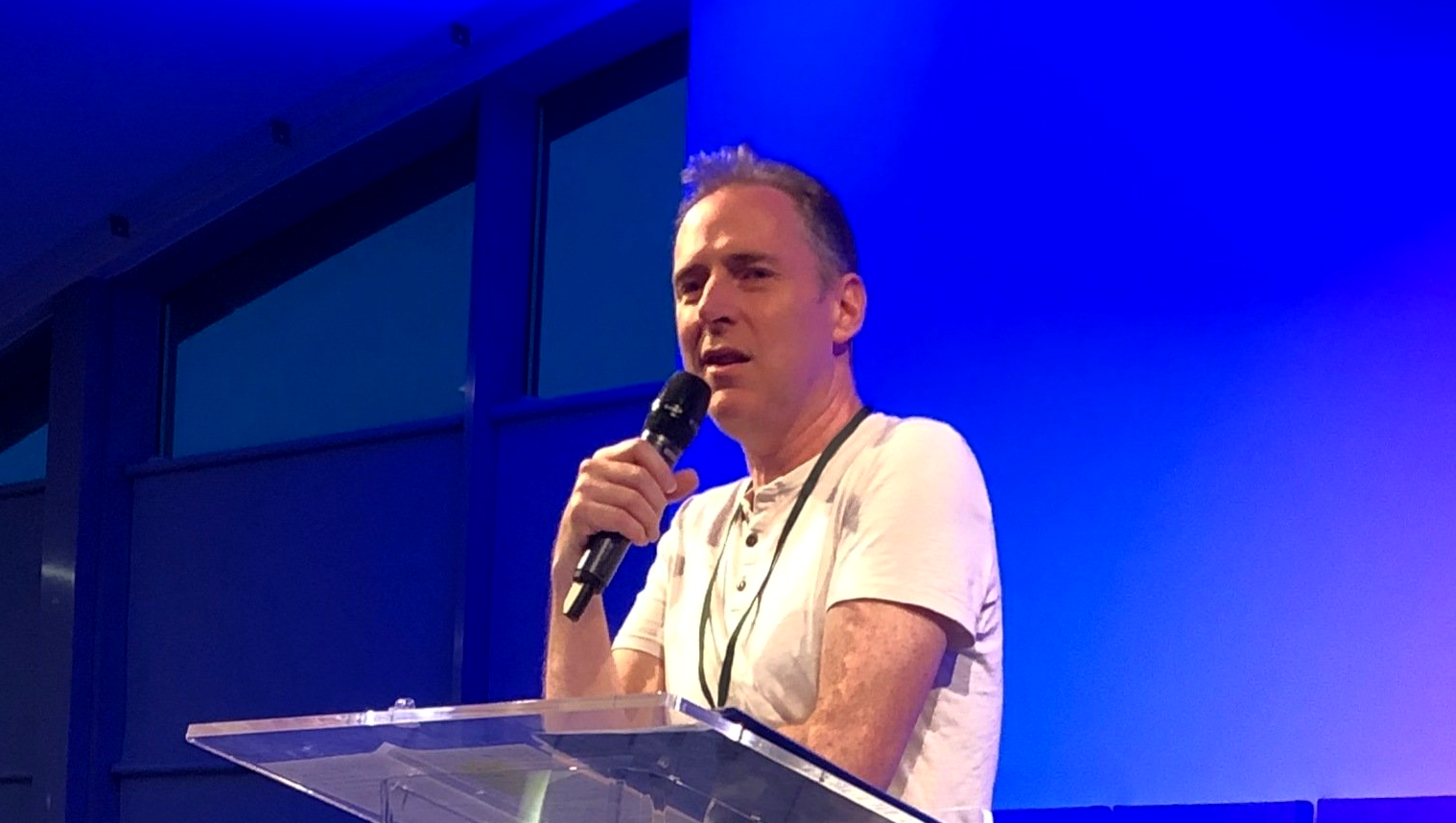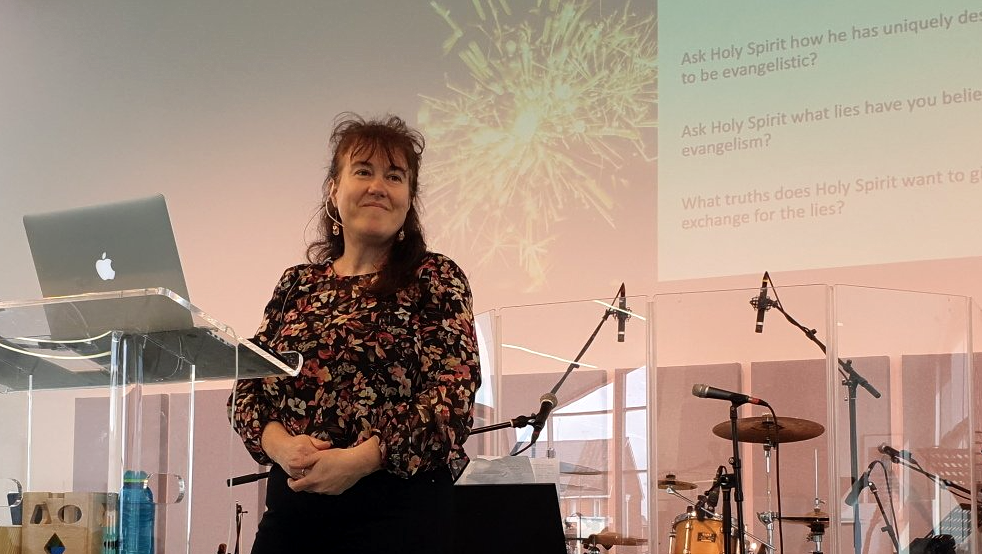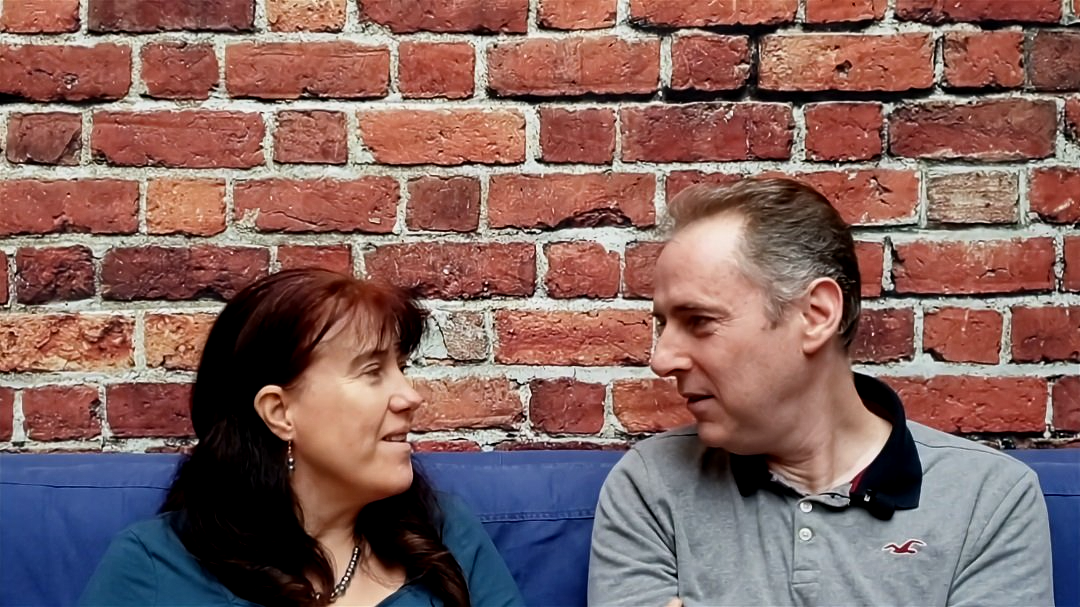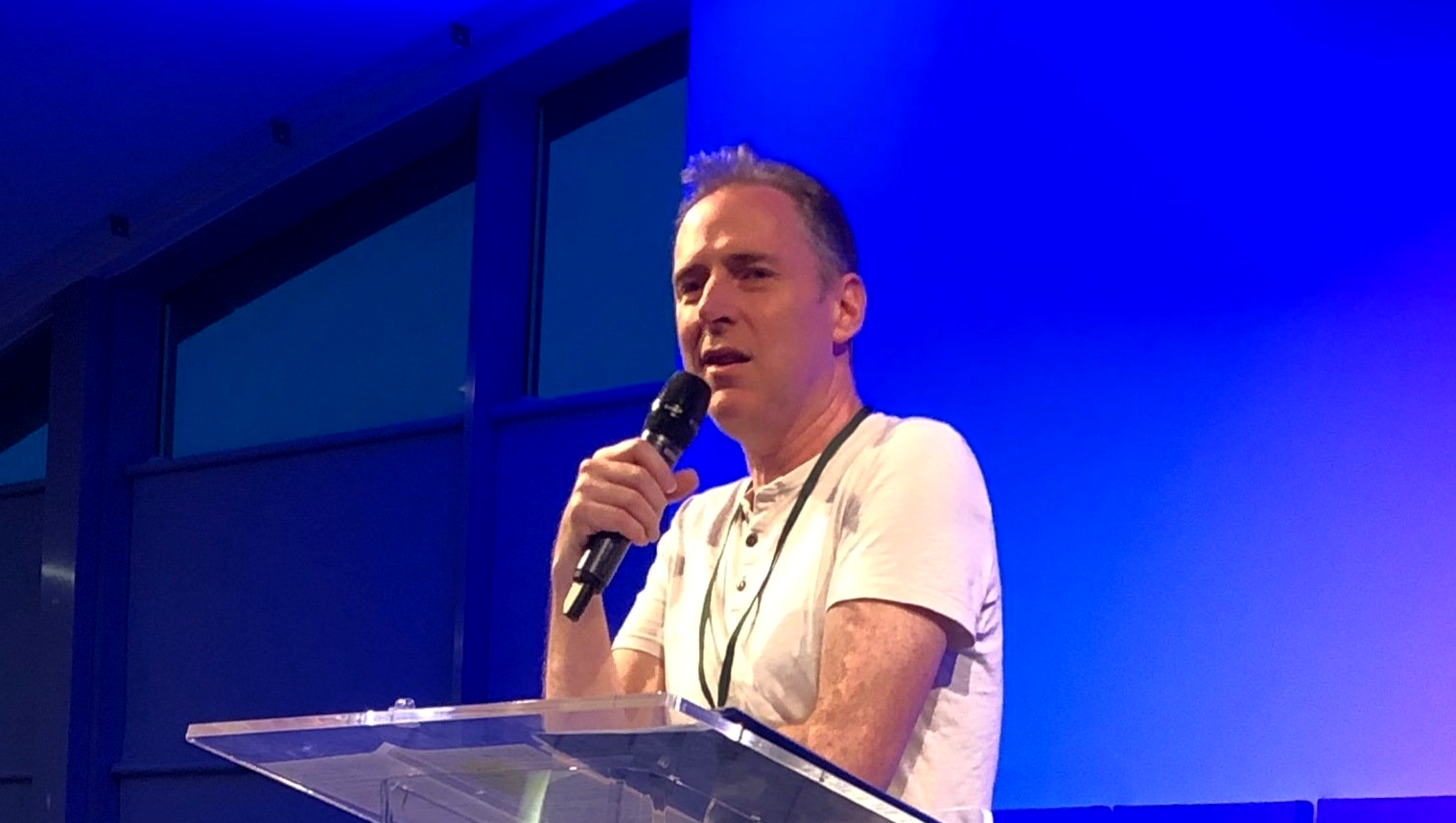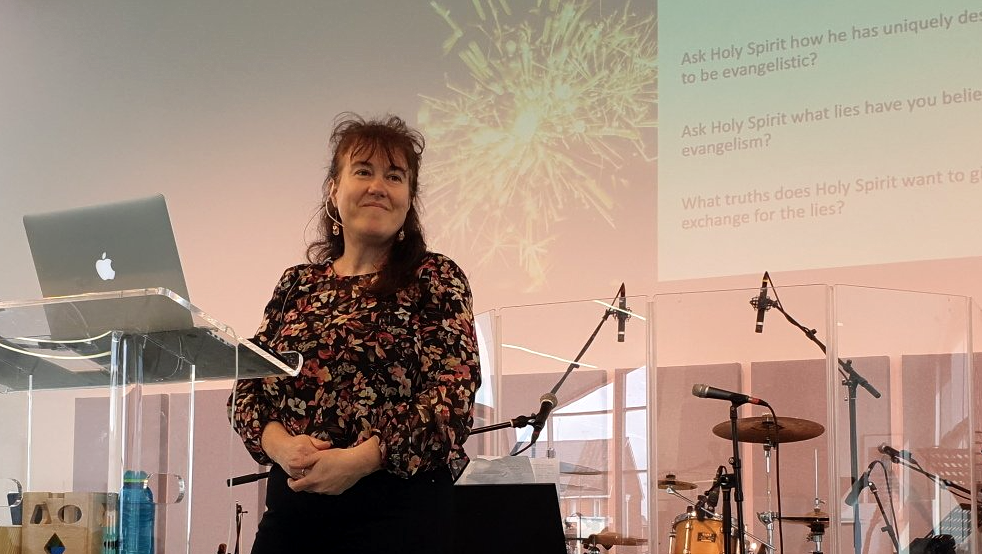Evangelistic lifestyle course
Developing a Spirit-led Evangelistic Lifestyle (DASEL) is an evangelism course that equips you to introduce people to Jesus and his Kingdom in your everyday life in simple and effective ways. Over a thousand people have completed the course.
The DASEL Course will help you to get free to enjoy evangelism, discover your evangelistic identity and recognise God’s invitations into daily evangelistic moments. Following the course, all students get access to the Evangelistic Lifestyle Facebook group.
DASEL is available for churches, groups and individuals.
"DASEL has changed my way of thinking about evangelism and I now get more excited. I want to be more intentional and allow God to interrupt me in my daily life."
Clare
"DASEL changed the way we as a family live and love, we are praying for people wherever we go and seeing miracles happen and people touched by God’s love."
Mark
"Thank you both for a wonderful DASEL course, it was amazing! When doing evangelism, I feel more comfortable and confident in my own skin now."
Hilary
Our recent blogs
Learn how to share God's love during evangelistic moments.
God has a dream
Discover how to partner with God to impact people around you through our book God's Dream, Our Greatest Privilege.
"This is the best book I have read on evangelism in the past ten years.”
Derrick, YWAM Missionary
Today, more people are becoming Christians than at any other point in history, but in modern western culture, relatively fewer people come to know God and many Christians struggle with evangelism.
Through their personal stories and those of others, Mark and Fiona question why this is. They consider what can be learnt from how Jesus did evangelism, and how he introduced people to the good news of the kingdom.
"This book has had a radical effect on my life and those around me. Since reading this book I have had words of knowledge, healed and lead people to Jesus and had lots of fun along the way."
Michele
"A liberating read! If you ever felt uptight about sharing your faith, then you’ll find this brilliant book liberating. Be encouraged by the numerous encounter moments they share - showing how God is just longing for us to slipstream and join in with what He’s longing to do through us. You’ll be pleasantly surprised!"
Felicity
"A refreshing way to look at evangelism. A great read with good teaching interspersed with real evangelistic moments. I could not put it down totally recommend."
Dennis




